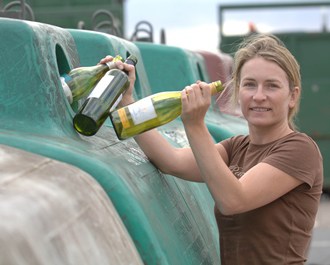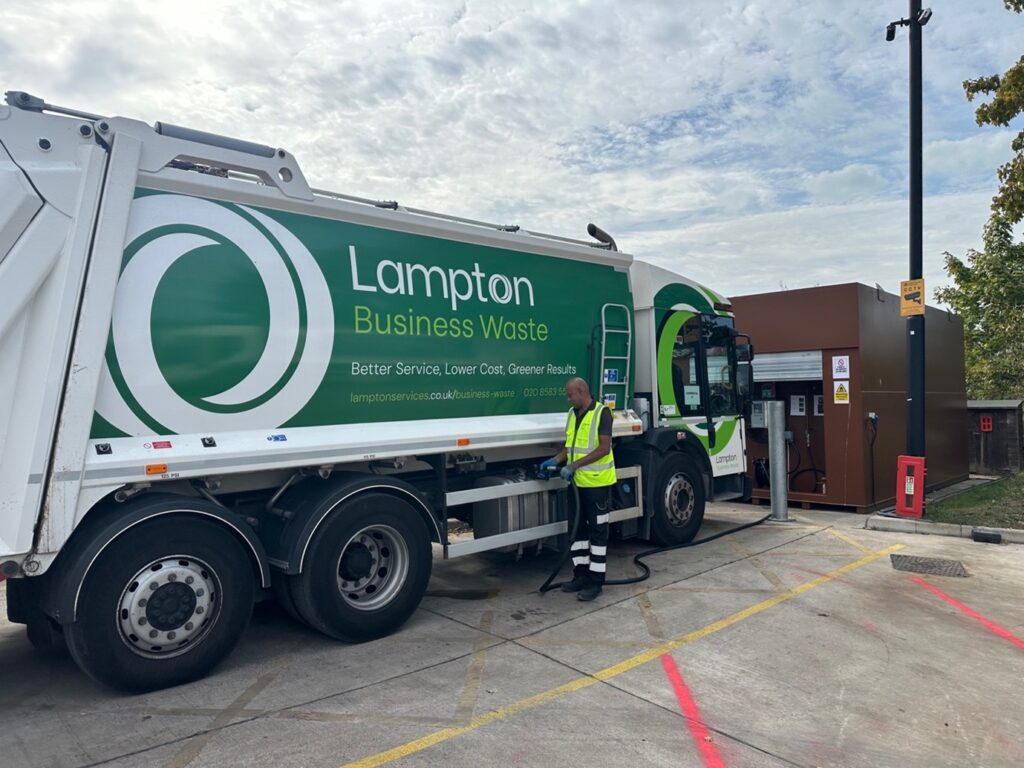Todays letter is being seen as Defra seeking to say that the fact a MRF code of practice is being drawn up should not be considered a carte blanche for commingling.
The reason for the letter is part of the consequences of the separate collection obligation which comes in from 2015 under the terms of the revised Waste Framework Directive. (These do not mean that materials have to be collected as individual materials).

However, the Department is also understood to accept that in a lot of areas comminglingis likely tocontinue to be the right approach to collecting recyclables.
The minister is thought to have particular reservations over how capable MRF technologies are of being able to fully separate plastics, paper and glass although it is recognised that there are some MRFs which can give low impurities in paper.
In effect, what Defra is saying that when local authorities want to collect glass and paper in the same bin, the evidence has to be much higher in terms of the answers or results obtained in relation to the tests involved.
First, there is the necessity test where high quality material is the aim. Second, there is the TEEP test, which considers technical, environmental and economic issues. Factors which could mitigate in favour of commingling might be that it is cheaper on test twowhen compared to kerbside sortingand could be more environmentally friendly if less vehicles are used.
Solutions
The Department appears to have stopped short of giving solutions to local authorities although some experts consider it might well like to see bottle banks appearing in some council areas if sites could be found. It is known that some waste management companies are also considering alternative ways to collect glass as they would like the material kept out of MRFs.
For example, Veolia under its Nottinghamshire county council contract does not take glass into its MRF and instead local authorities involved with the contract use bottlebanks.
In his letter Lord de Mauley appears well aware that there may in the future be a legal challenge to the governments interpretation and local authority delivery of the regulations and EU requirements. He advises councils to consult their lawyers and even talks of the potential for a legal challenge.
In the past the Campaign for Real Recycling took a judicial review out against the government over commingling. While the Campaign no longer operates in the way it did, many of its members are now part of the Resource Association. Quite whether they would want to take local authorities, who are often their customers, to court in the future over recycling would seem unlikely.
However, it might be that a third sector group, or even an individual could mount a challenge, so local authorities are being seen by Defra as having to get their records and systems in place as soon as possible. In particular, the Department is thought to be keen to see the rWFD amendments reflected in any new or modified collection and sorting contracts.









Subscribe for free